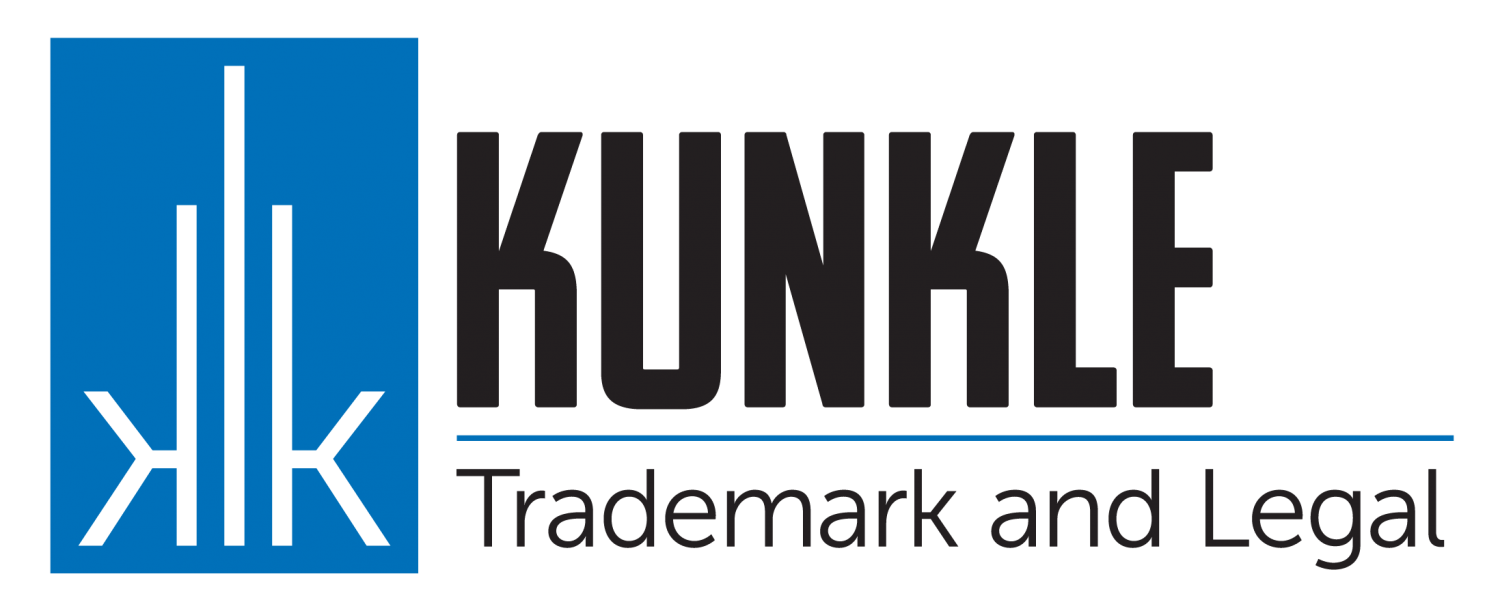What is a performance license?
One of the exclusive rights of composers of songs is to control the right to publicly perform the song publicly. Of course with the way that the music industry has developed, it is not practical in most cases to go to the composer each time a radio station or concert hall wants to play a song for their customers. Coming to the rescue (Debatable, but that’s another post) are the folks at ASCAP, BMI, and SEASAC (and a few others). These organizations, commonly referred to as Performing Rights Organizations (“PROs”), have entered into agreements with thousands of composers and music publishers for the right to represent them and to license their music to radio stations and venues. While technically everyone involved (DJ, sponsor, and venue) can be held to jointly infringe a copyright, in practice the venue and promoter is most often the one that is expected to have obtained a license for music performed.
What is public?
The trick comes in when deciding what a “public” performance is. Section 101 of the U.S. Copyright Act notes that:
- To perform or display a work “publicly” means to perform or display it at a place open to the public or at any place where a substantial number of persons outside of a normal circle of a family and its social acquaintances is gathered. . .
As a result, most weddings, bat mitzvahs and the like would typically fall into this category of non-public performance and would not require approval by the composer and no PRO license would be necessary. With this said, a party involving 500 people who include many friends of friends or one in which some form of admission is charged will likely not fall into the category of “normal” and the use of admission will demonstrate “open to the public.”
Bottom line
Performers or venues that play to audiences other than “normal” families and their acquaintances should consider obtaining a blanket license form the PROs – an ounce of prevention is worth a pound of cure.
